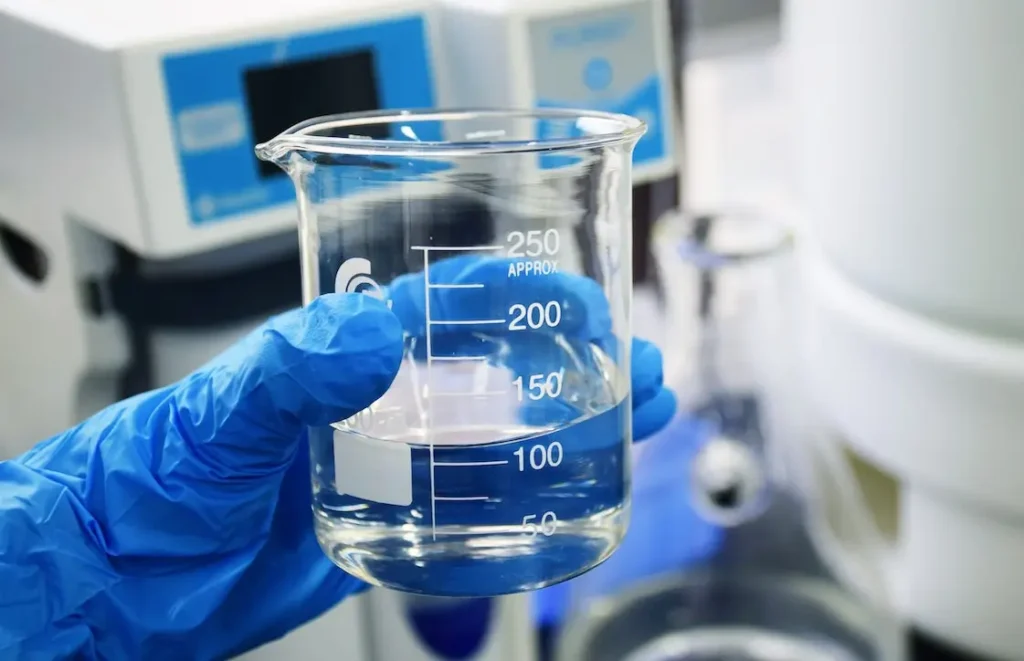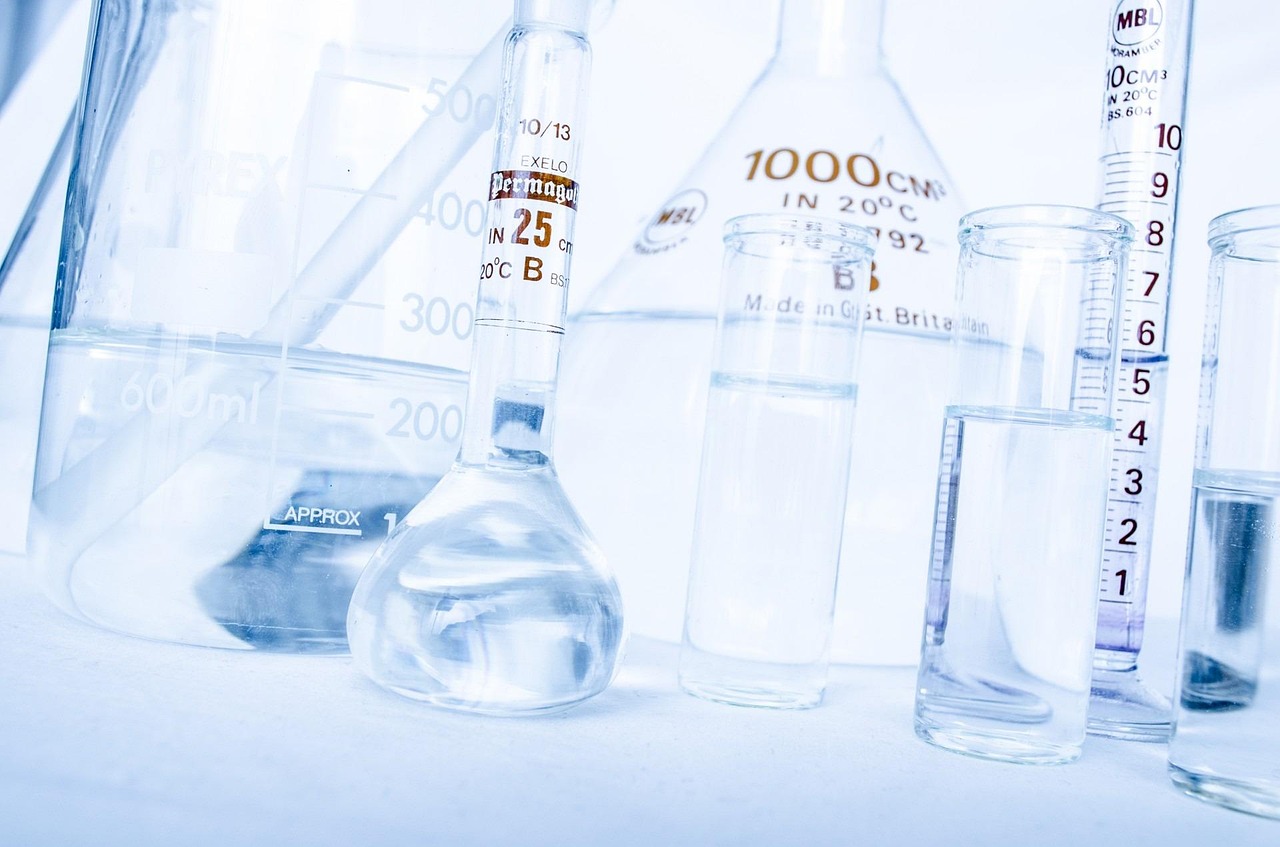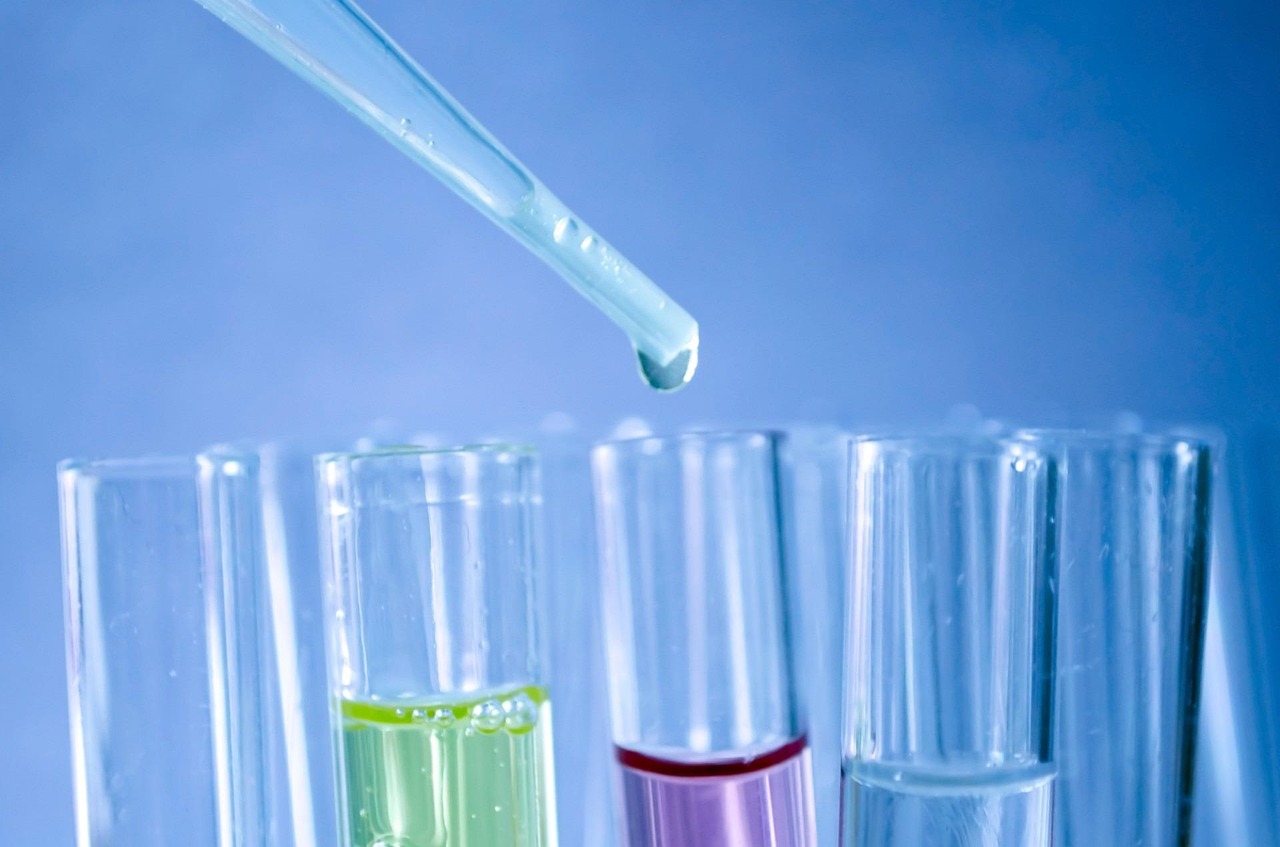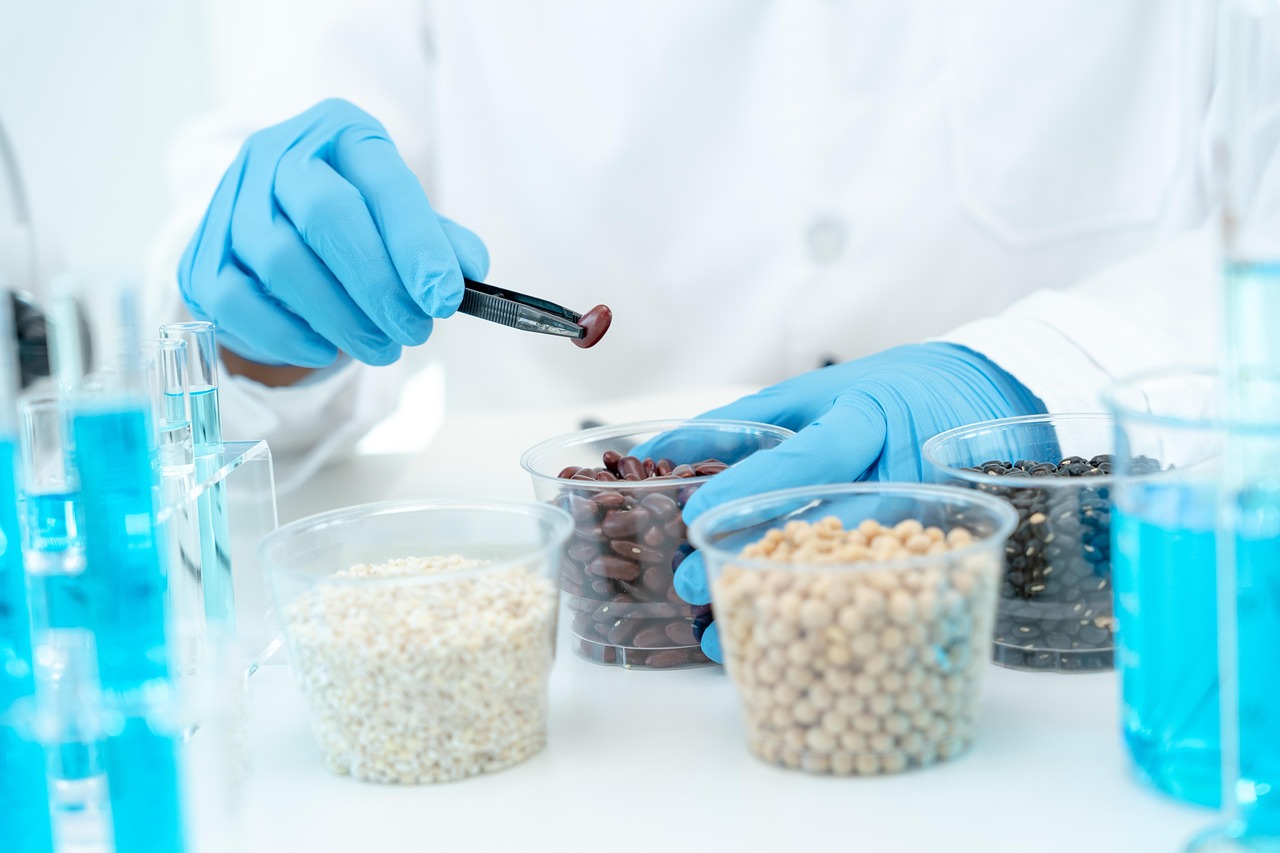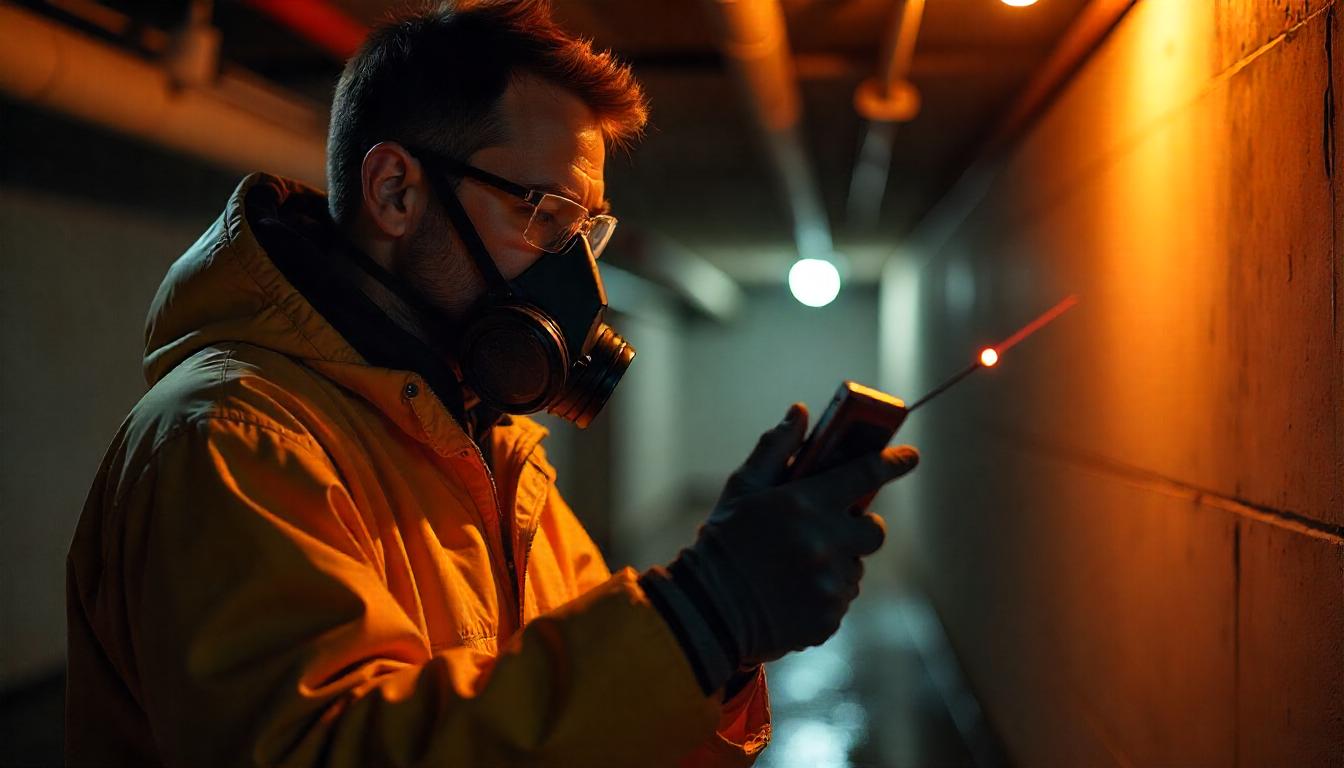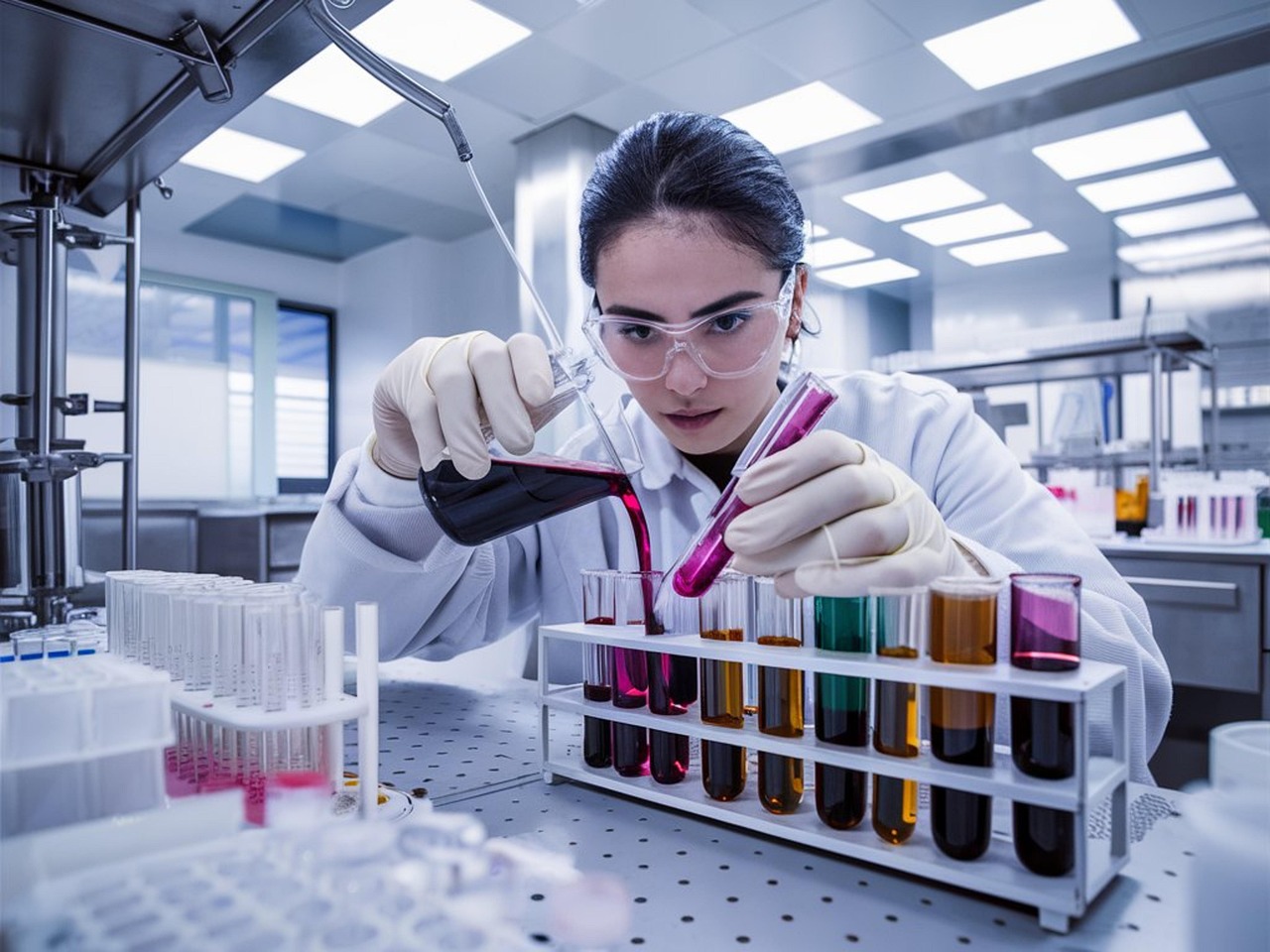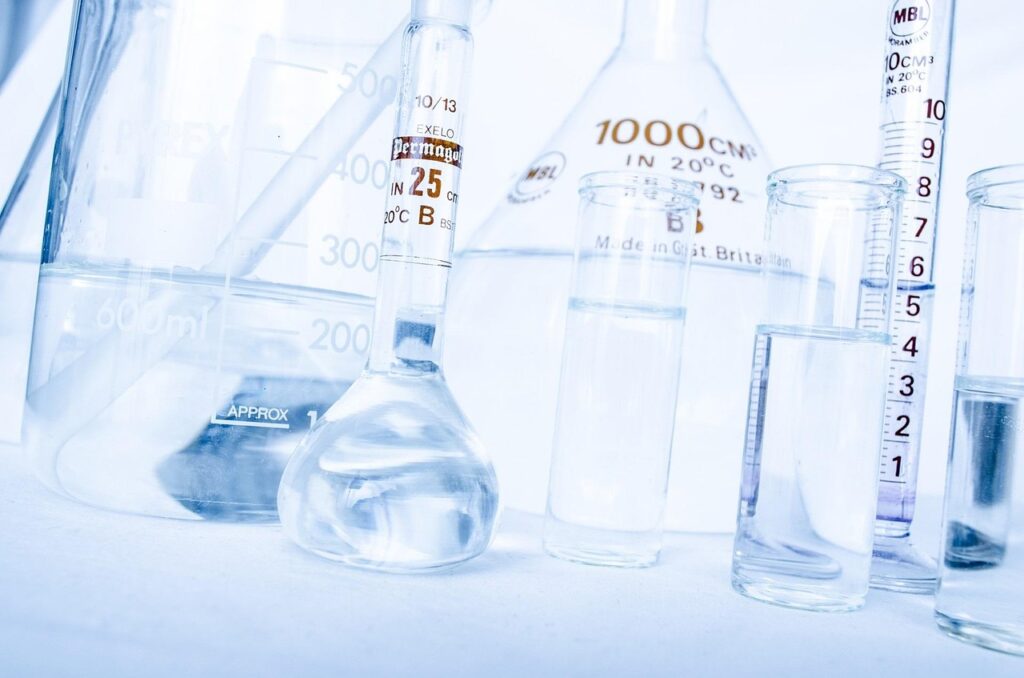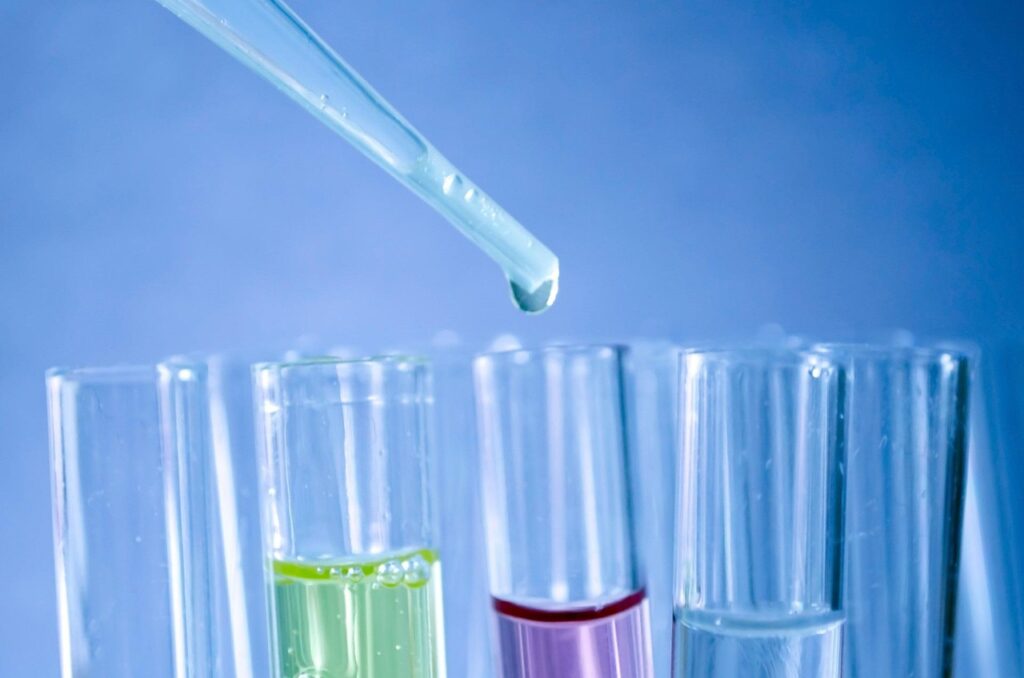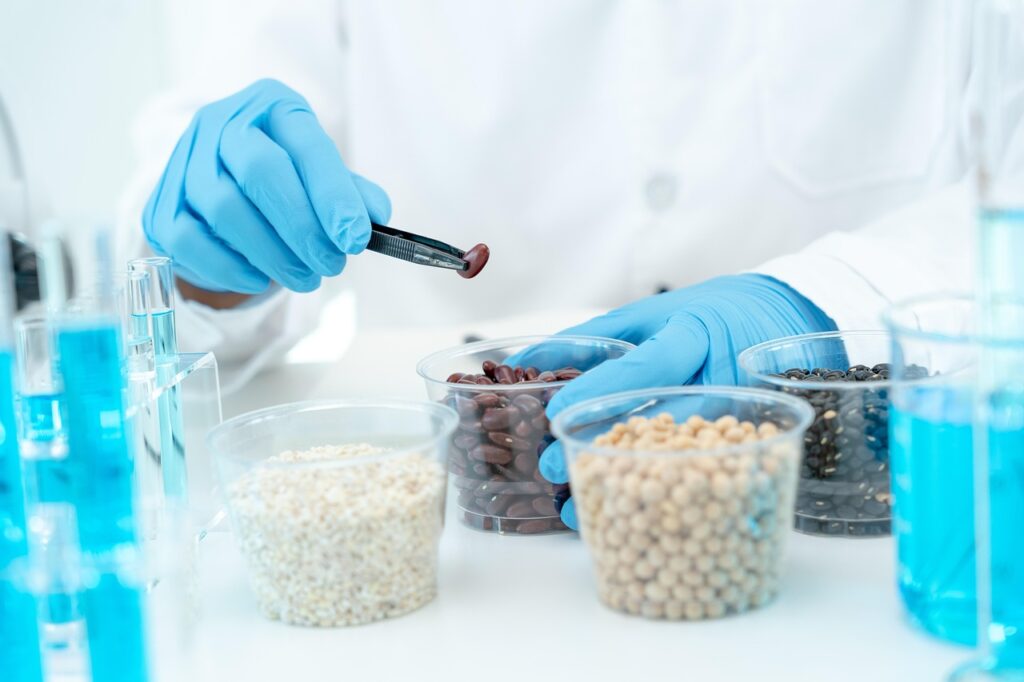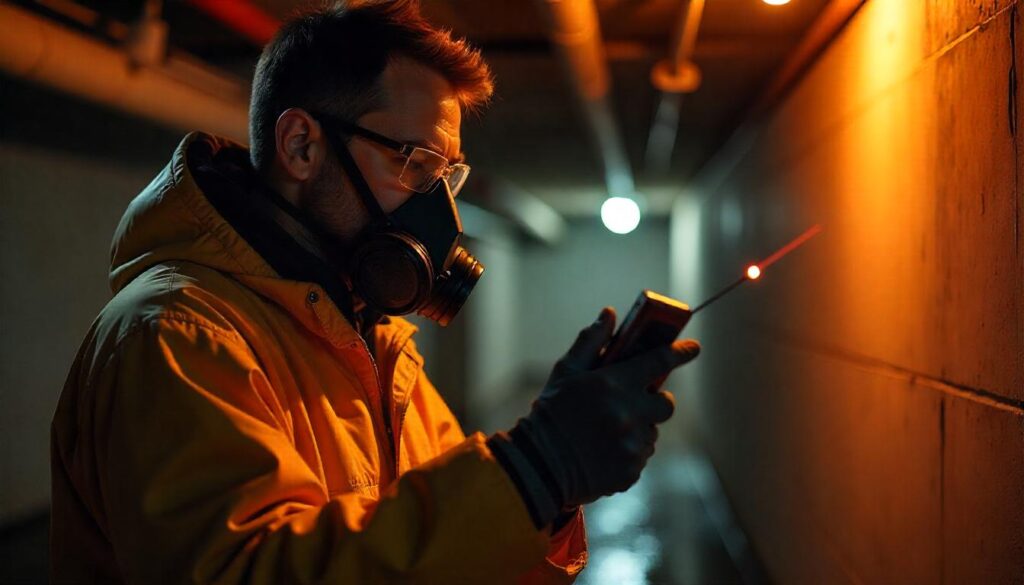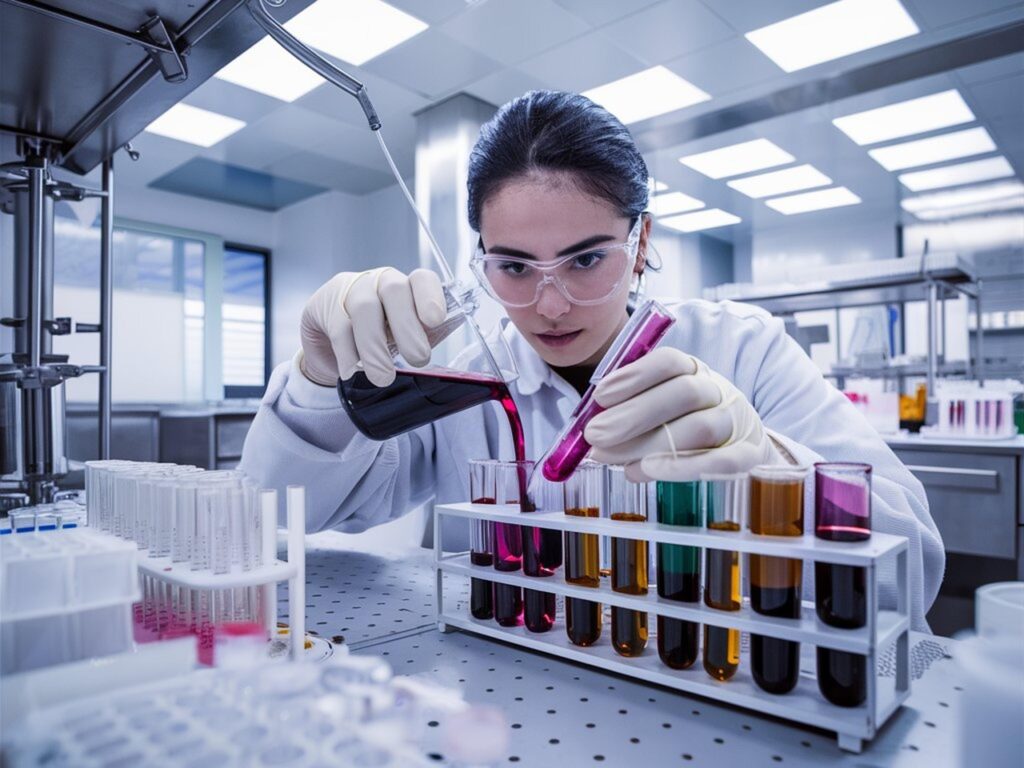Clean and safe drinking water should be taken as a fundamental human right but its availability remains a major hurdle in many underdeveloped societies. The issue of the supply of water in terms of quality is vital, and this can only be achieved by thorough water quality testing.
This struggle for clean water highlights that we are not only speaking about the amount, so the issue of the quality of water sources has to be solved. To guarantee that our water not only exists but is safe and appropriate for human consumption, water quality tests ought to be placed at the forefront of responsible water administration and public health safeguards.
This Blog explores the current water quality testing challenges in developing countries and the inventive solutions that are turning things around. Finally, we will discuss why it is important to analyze water and look for a credible lab for water testing around you.
Understanding the Importance of Water Quality Testing
Testing for water quality is a very significant procedure that helps to validate the clarity and purity of water at some point in time. This includes scrutinizing such important parameters as the purity of water in terms of its suitability for drinking and other uses. The parameters involve an overall assessment of the chemical composition, physical qualities, and microbiological components of the water. The multifaceted assessment has multiple functions that are critical for ensuring public health, conserving valuable resources, and advancing the cause of sustainable development.
First, it tests the chemical compositions of the water. The study involves the determination of different chemical compositions such as heavy metals, organic compounds, and other probable pollutants that might be present in the water. It is essential because it enables us to identify the existence of pollutants that may lead to severe health hazards if ingested. With this information in mind, we can target these contaminants and initiate certain measures to minimize their occurrence leading to an effective reduction of several fatal illnesses caused by impure waters which numerous people around the globe suffer from.
You can also check out our blog on Wastewater Treatment in India for a better understanding of this topic.
Challenges in Water Quality Testing in Developing Countries
Despite the significance of water quality testing, developing countries face several challenges in implementing robust testing systems:
Lack of Infrastructure: Many developing nations lack the necessary infrastructure to conduct comprehensive water testing. This includes laboratories, equipment, and trained personnel.
Financial Constraints: Limited financial resources make it difficult for governments to invest in advanced testing technologies and laboratory facilities.
Remote Areas: Rural and remote regions often have limited access to testing facilities, making it harder for the population to access clean water.
Limited Awareness: In some cases, communities may not be aware of the importance of water quality testing, leading to unsafe water consumption practices.
Solutions to Overcome Challenges
While the challenges are daunting, several solutions and initiatives are helping improve water quality in developing countries:
Mobile Testing Units: Mobile laboratories equipped with essential testing equipment can reach remote areas, allowing for on-site water analysis.
Capacity Building: Training programs and workshops are crucial for building the capacity of local personnel in water quality testing techniques.
Public Awareness Campaigns: Educating communities about the importance of water quality testing and safe water practices can drive positive change.
International Aid and Collaboration: International organizations and collaborations with developed nations can provide funding, expertise, and resources to support water testing initiatives.
The Role of Water Analysis in Ensuring Safe Water
Water quality testing is an important step that requires detailed laboratory analysis of different chemicals and microbes within water samples. The main objective of the test is to check for pollutants in water that could jeopardize the safety and cleanliness of the water supply. It provides a necessary assessment of water samples that is crucial for ensuring access to clean water, safeguarding Public Health, and protection of the Environment.
It plays a key role in detecting and measuring the amount of hazardous substances or impurities. This may involve contaminants such as heavy metals including lead and mercury, industrial chemicals, pesticides, and other organic compounds.
For this reason, it is essential to identify those substances that may be hazardous to humans and the environment if ingested, inhaled, or absorbed otherwise. Government bodies and regulatory organs can act promptly by identifying where and in what quantities these impurities are found so that proper preemptive measures can be taken.
Finding Reliable Water Testing Labs Near You
If you’re concerned about the quality of your local water supply, finding a reliable water testing lab is essential. Here are some steps to help you locate one:
Online Search: Use search engines to look for “water testing labs near me.” Many labs have websites or online directories with contact information.
Local Health Departments: Reach out to your local health department or environmental agency for recommendations on accredited water testing labs.
Ask for Referrals: Seek recommendations from friends, neighbors, or community organizations that have had their water tested.
Check Accreditation: Ensure that the chosen lab is accredited by relevant authorities, as this guarantees the reliability of test results.
If you are looking for a reliable water quality testing laboratory, try contacting us at SMSLA. We provide state-of-the-art water quality testing services.
Conclusion
Water quality testing in developing countries has several obstacles; nevertheless, it is imperative for guaranteeing the supply of clean and safe drinking water. We have an opportunity to realize a future that is bright where every person at any point no matter the place will enjoy quality water. This is a reminder; that this involves water quality testing and good water testing laboratories around you if you need to protect your health and your neighborhood.

